
Religion and natural disasters: ‘we have to hope’
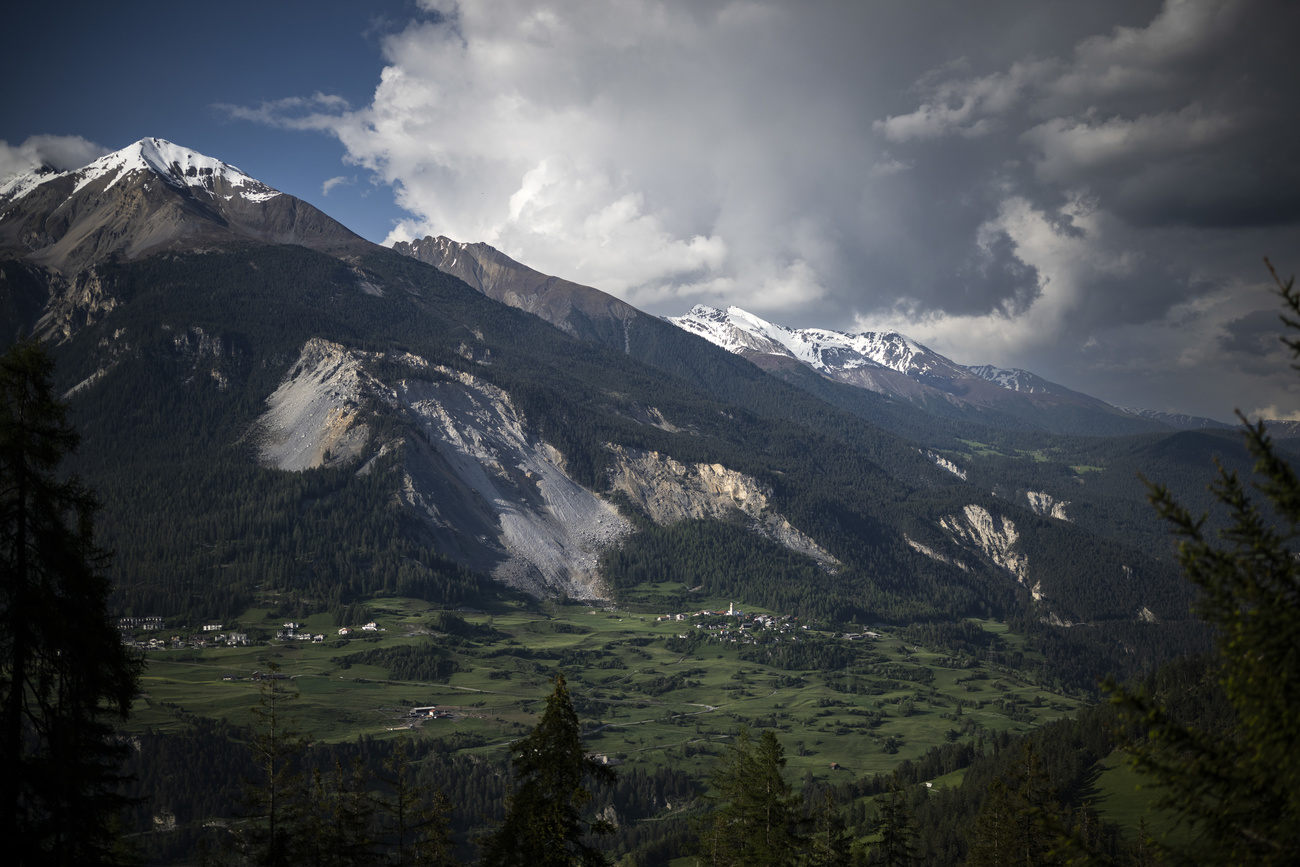
For over a week, the inhabitants of Brienz/Brinzauls have known that the mountain above their village is crumbling. But they still don’t know how severe the damage will be. What does such a situation do to the now-evacuated villagers – and to their faith? Local priest Federico Pelicon spoke to SWI swissinfo.ch.
SWI swissinfo.ch: The mountain above Brienz/Brinzauls could collapse at any minute. What does this mean to you?
Federico Pelicon: I feel a lot of sympathy for the villagers. I still remember the earthquake in Friuli [eastern Italy], in 1976. At that time, my home village of Gorizia was not severely damaged, but we had to leave our house and live in a tent for months. This has come back to me in the current situation involving Brienz and its inhabitants.
SWI: Lives are in danger, the population has been evacuated. But there’s nothing to protect the material existence of the villagers. How are they coping?
F.P.: Two million cubic metres [of rock] threaten to fall on the village. Uncertainties and concerns about losing home and land are obviously not negligeable. One can only hope that the rockslide happens in stages, without damaging the locality too much, or even in a way that spares the village and its surroundings.
One can hope. One must hope. The villagers are living between a rock and hard place, between hope and grief, because they don’t know what’s going to happen and when they’ll be able to go back.
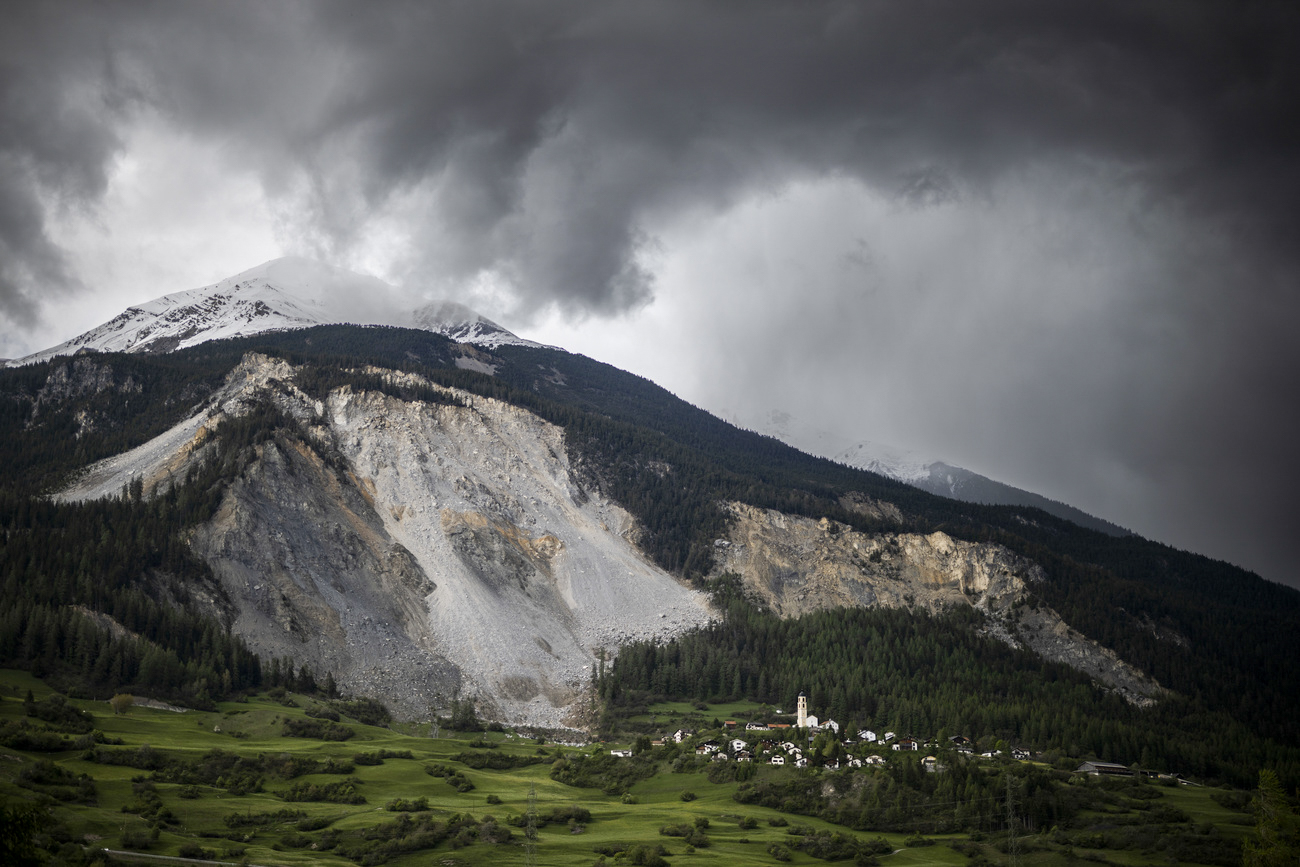
SWI: In Switzerland, where nature has largely been managed and tamed, the situation in Brienz seems anachronistic. Has society forgotten how to cope with such threats?
F.P.: Personally I don’t think it has. Maybe we have become complacent over time. It’s always necessary to stay alert and to live in accordance with the capriciousness of nature.
SWI: How are you maintaining contact with parishioners?
F.P.: Through personal contacts, visits, phone calls.

Federico Pelicon (55) was born and grew up in Gorizia, in the eastern Italian region of Friuli-Venezia Giulia. He went to university in Udine, before training to become a priest in Rome, Ljubljana, and Saint Petersburg. He has worked in Brienz/Brinzauls for three years, after a long spell in Rome. The local Catholic parish has 77 members.
SWI: What questions are most common? What do they speak about with you?
F.P.: About practical things, like accommodation. And how the costs of repairing the damage will be covered. But above all this is about the displacement of a canton Graubünden village which is proud of its history and its locality.
There are two farms, for example, which represent a source of income and work for the families who own them. If the worst-case scenario comes to pass – we hope it won’t – how will their hectares of land be replaced?
And then for some people, doubt has crept in: they wonder if everything was properly done to avoid this. From a human perspective, every point of view is valid, but the hope of being able to return is still very strong.
And solidarity is also strong. The people of the valley have provided around 130 shelters for the residents of Brienz.

SWI: Disaster situations raise questions about theodicy. A benign and omnipotent God seems to be contradicted by the suffering in the earthly realm. What’s your view on this problem?
F.P.: Theodicy is a term which the philosopher Leibniz coined, in order to grasp the question of the existence of evil, which comes up in many religions. It places worldly evil in relation to a justification of divinity and the way in which this divinity operates.
The question is whether a landslide, or some other natural disaster, should be seen as a manifestation of evil. The Earth is like a huge organism, a balanced system which is always moving, and in which the biosphere is not a passive observer but rather an element, which plays a part in the development of the planet.
SWI: Has people’s faith been shaken?
F.P.: For a few people, yes. But every crisis of faith is also an opportunity to free oneself from false ideas about God.
SWI: The church in Brienz/Brinzauls is built on a hill in the west of the village, near the area which – if the most likely scenario comes to pass – would be affected. What would happen if the church didn’t come through intact?
F.P.: We will look at the facts through the lens of the Gospel. The temple in Jerusalem was also destroyed, 70 years after Christ. The church might not exist anymore, but the living rocks – the faithful – will remain. And things must go on, even when such a prospect is painful.
Translated from German by Domhnall O’Sullivan
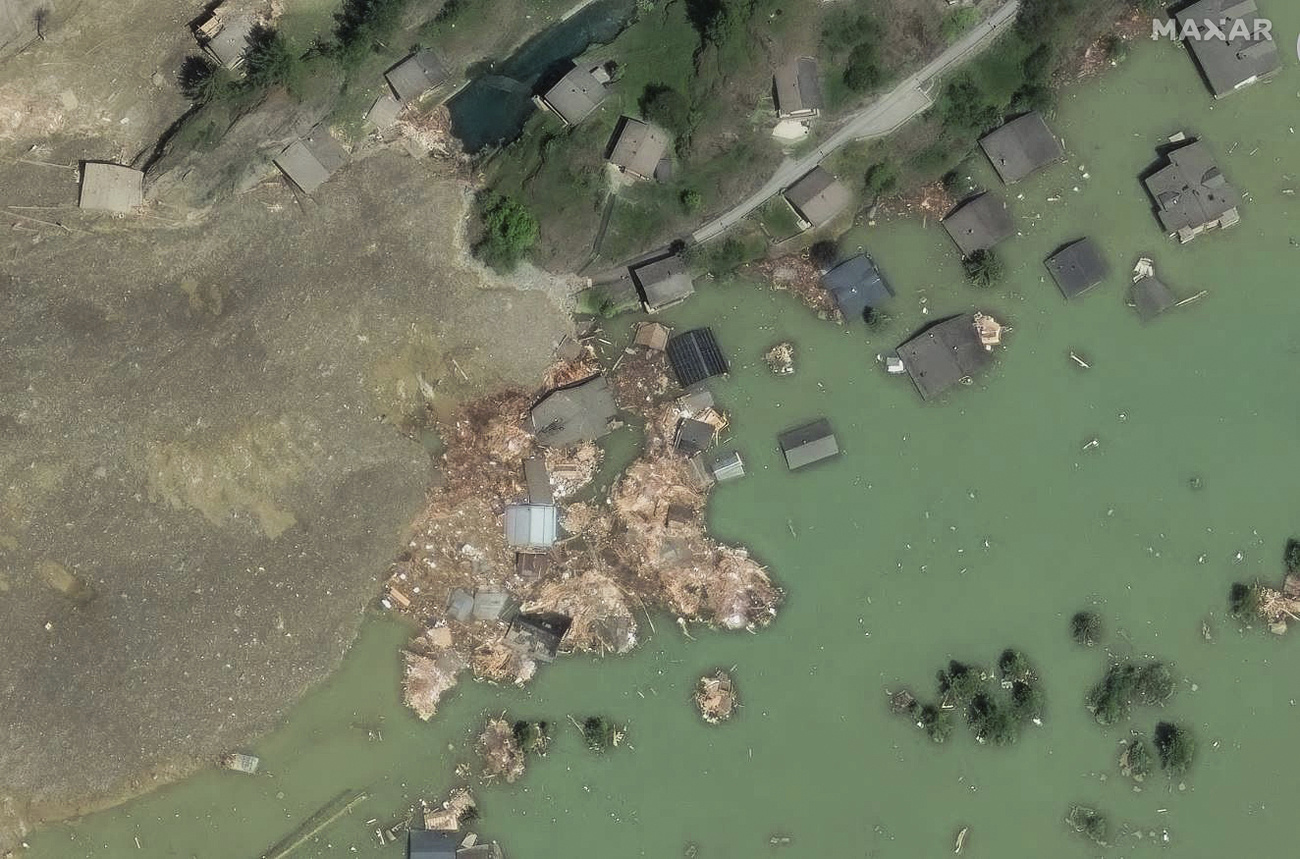
More
The seven worst landslides in Swiss history

In compliance with the JTI standards
More: SWI swissinfo.ch certified by the Journalism Trust Initiative
















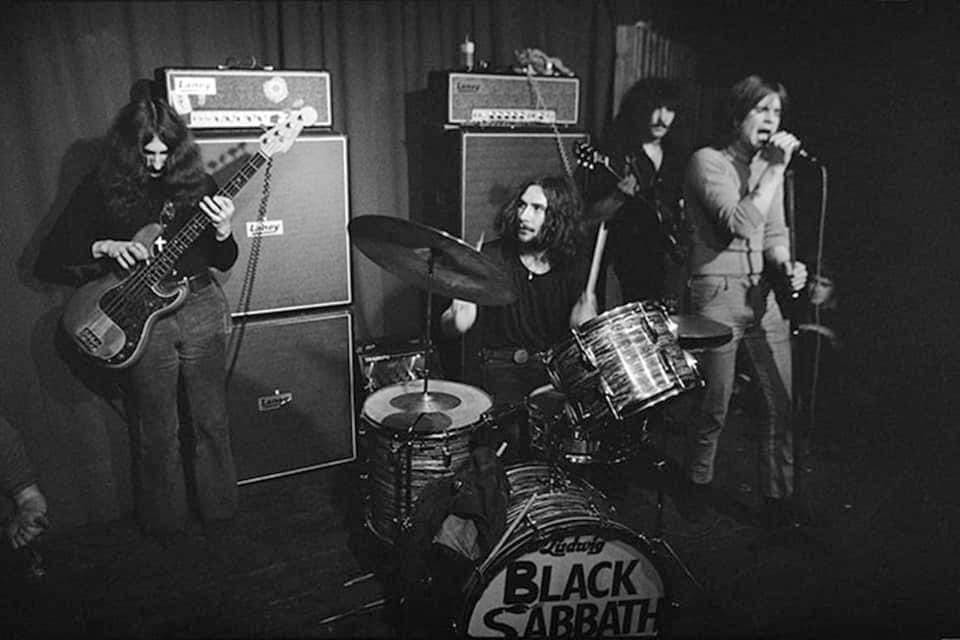




















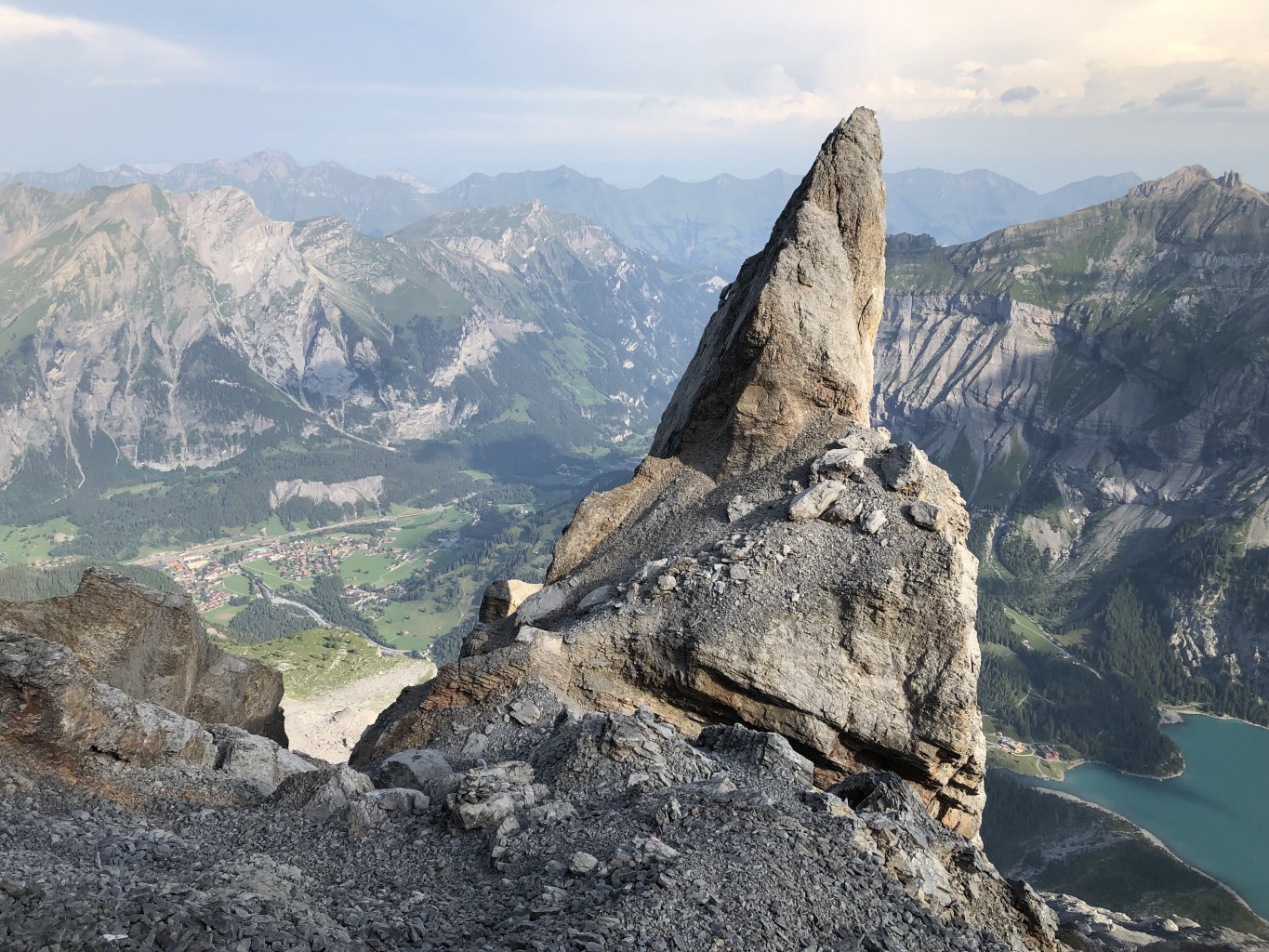

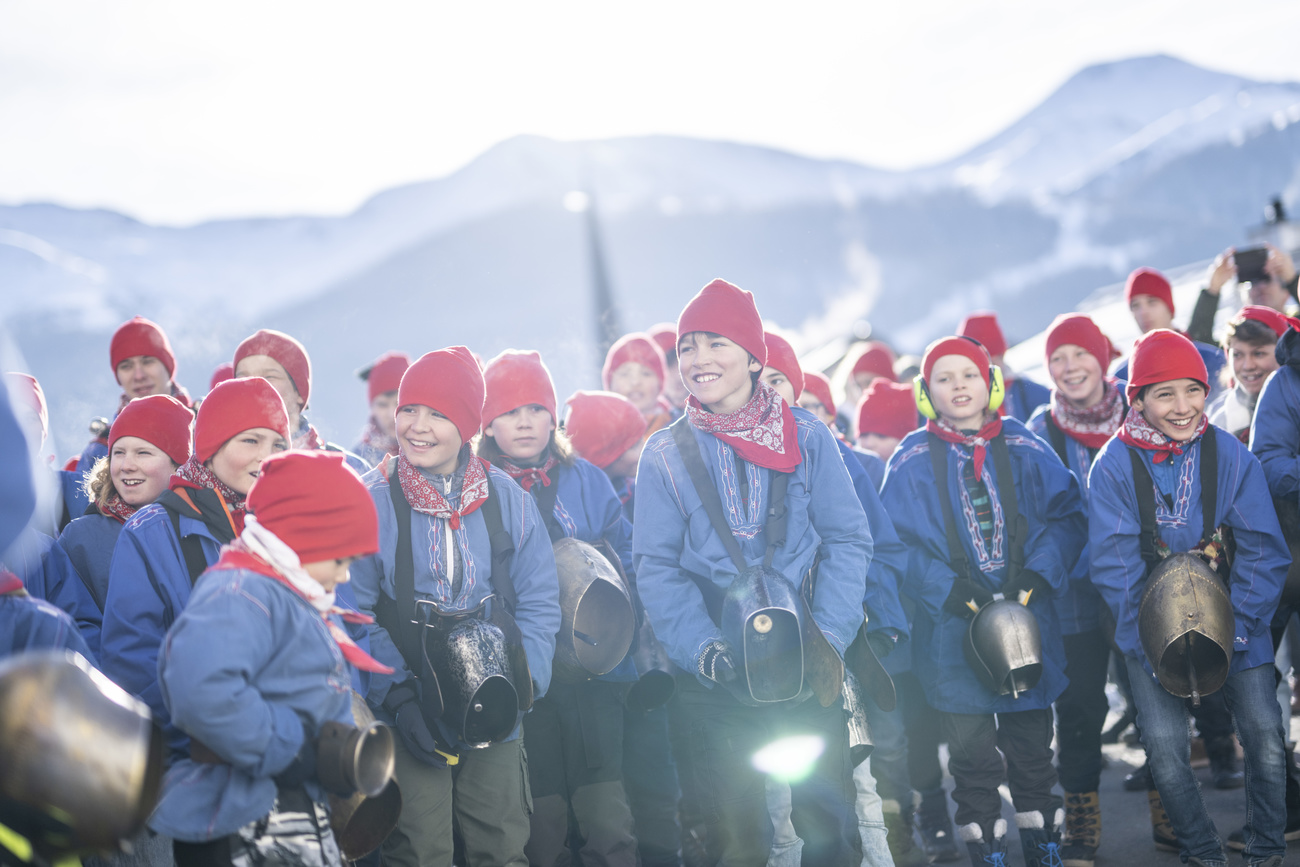

You can find an overview of ongoing debates with our journalists here . Please join us!
If you want to start a conversation about a topic raised in this article or want to report factual errors, email us at english@swissinfo.ch.